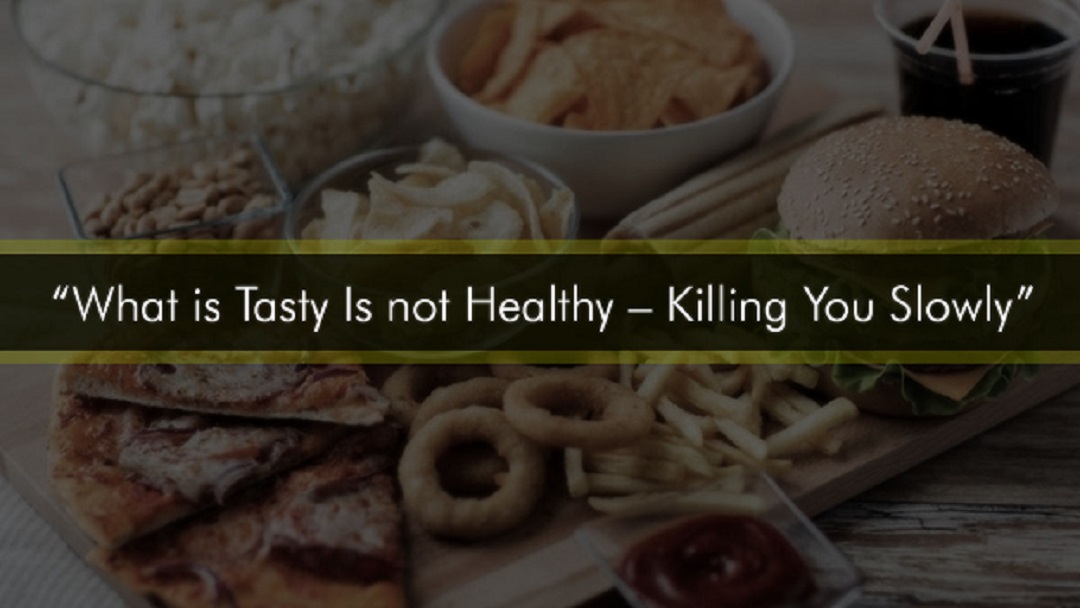
Ever wondered why all the processed and packaged foods in supermarkets have such a long shelf life ??
TRANS FATS or trans fatty acids are form of unsaturated fats. They are naturally available and artificially manufactured also. Naturally they are found in dairy products like cheese and cream and beef and lamb which if taken in moderate amounts does not appear to be harmful. The same positive things cannot be said about artificial trans fats or hydrogenated fats.
Artificial trans fats are created by pumping hydrogen molecules into vegetable oils. This changes the chemical structure of oil, turning them from liquid to solid. After they have been hydrogenated, the vegetable oils have a much longer shelf life. This is the reason why processed foods stay fresh for so long.
Trans fat increases your risk of heart disease. This is because:
- Trans fat raises your LDL (bad) cholesterol
- Trans fat lowers your HDL (good) cholesterol
Clinical trials and observational studies both indicate that trans fats increase inflammation, especially in people who are overweight or obese. Trans fats can damage the inner lining of your blood vessels, causing a condition known as endothelial dysfunction.
To make sure you are avoiding trans fats, READ LABELS!! Don’t eat foods that have the words trans fats, hydrogenated or partially hydrogenated fats on ingredient list. Unfortunately not every product with trans fats come with the indication, so on whole its best to avoid processed foods in your daily diet.
Are you still eating those biscuits?
For booking, appointment call us today!!!
If you have further questions then please contact us on.
Ratika Vinchurkar is a Clinical and Lifestyle dietitian, currently practicing at RxDx. Experienced in treating nutritionally all kinds of degenerative and lifestyle disorders like Diabetes, Hypertension, Thyroid Disorders, Cardiovascular disorders, renal disorders and other chronic diseases; Her practical approach towards the lifestyle diet modification rather than just prescribing strict regimens endear her to her patients. She holds a master’s degree in Food and Nutrition and favors the theory of “you are what you eat”.




